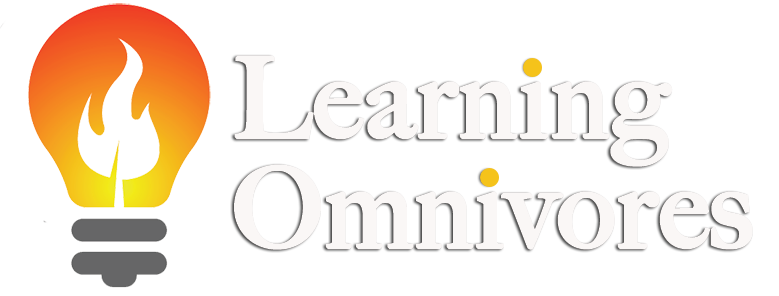Shoulders of Giants
Art: Giant #2
“if I have seen further [than others], it is by standing on the shoulders of giants.”
1675 letter by Isaac Newton:
Another reason I am still and will continue to be in education is Art Costa. I am grateful for his guidance and support which continues to this day.
In 1983 I met Art while he was doing an Intelligent Behavior workshop in Minneapolis. This has evolved with Bena Kallick to the ‘Habits of Mind’ resources. He opened with a statement, “I am not interested in how a student behaves when he knows the answer to something I AM interested in how a student behaves when he doesn’t know the answer to something,” I WAS SPEECHLESS. That question intrigued me, and I reflected on, ‘What does a teacher do when you don’t have the answer? What does a principal do when you don’t know the answer?‘
Teaching facts only goes so far. I started reflecting on more issues:
- Facts, as we know them, are good. How does that translate for the future which is unknown. Newton was the only game in town until Einstein came along and showed us there was more to the story.
- Is it only facts that will serve us well in the future? How about fundamental heuristics that can help us deal with a future that is unknown? How many of us were ready for smartphones, social media, and the ethics that are being challenged?
- How does Habits of Mind help with our VUCA world? Read https://learningomnivores.com/rules/navigate-vuca-with-habits-of-mind/
In schools, do we teach only what is available on the Internet? My question when I am given information from the Internet is always, ‘how do you know it is true?’ What was the “n” of the study? Is this a one-off or have the ability to scale up?
At the end of that 1983 workshop, I approached Art and said, ‘I want more.’ Art said he and a colleague were working on a coaching model to engage and enhance teacher thinking. I never thought that was my job, as an assistant principal, to elevate teacher thinking processes. There were several supervision strategies popular in the 80s. None that I was aware of focused on teacher thinking.
The next year Art came back in town and did a three-day workshop with teachers and administrators on thinking skills with an additional three days on a supervision model to support teacher thinking. That was the beginning of Cognitive Coaching, a reflective practice model.
“A [Person’s] Mind, Stretched By New Ideas, May Never Return To Its Original Dimensions.”
Oliver Wendell Holmes
Also, in late 80s, I heard Art quote Charles Garfield from a book Peak Performers. He basically said that ‘theory x’ which really was about efficacy, was the key factor in promoting learning. As a practicing administrator who had attended many trainings, I wanted to check whether or not that statement was true. I was a physics/math person. Who reads books? I didn’t. Know the formula, plug in the data, get the answer. Why would I spend time reading books? (OK, I did read to get by in the past.)
I actually read Peak Performers to check on the voracity of Art Costa. I found out that the book did say what Art said it did AND there were some more interesting ideas in the pages. What a concept! You can learn from reading books? I now have more than 1300 books read. It is amazing when you reframe the initial beliefs.
In 1988 Art asked me to join a team that convened a seven-day workshop in schools. The components were Intelligence Behaviors, Cognitive Coaching, and teaching in real time with real students, in a summer school program. After three days of the innovative approaches we would coach teachers to incorporate thinking skills into their summer school teaching. After three days of these innovative approaches, we asked students about their experience. Every year we heard, “why can’t regular school be like this?” Of course, the answer is, ‘it can.’
In the early 90s, Art and I were debriefing after a workshop; Art asked me a defining questions.
Art: You are a principal, right?
Bill: Yes
Art: What are you doing to create a mentally stimulating environment for your staff?
Bill: I have to do that, too?
Art: If you don’t provide that for staff, why do you think they will provide that for students?
I was stopped in my tracks. I started to reflect on established procedures that got in the way of producing thinking , the current way we evaluated staff, and what could be more effective. Art introduced me to great thinkers and researchers namely, Jon Saphier, Judy Arin-Krupp, David Perkins, Andy Hargreaves, Pat Wolfe, and many more.
Art opened the gates of learning for me for 40 years while providing guidance, support, and those crystalizing questions that moved me to more knowledge, skills, and applications. A kinder person I will never meet AND I am so glad I met Art early in my life.
Mahalo dear friend.
Bill
